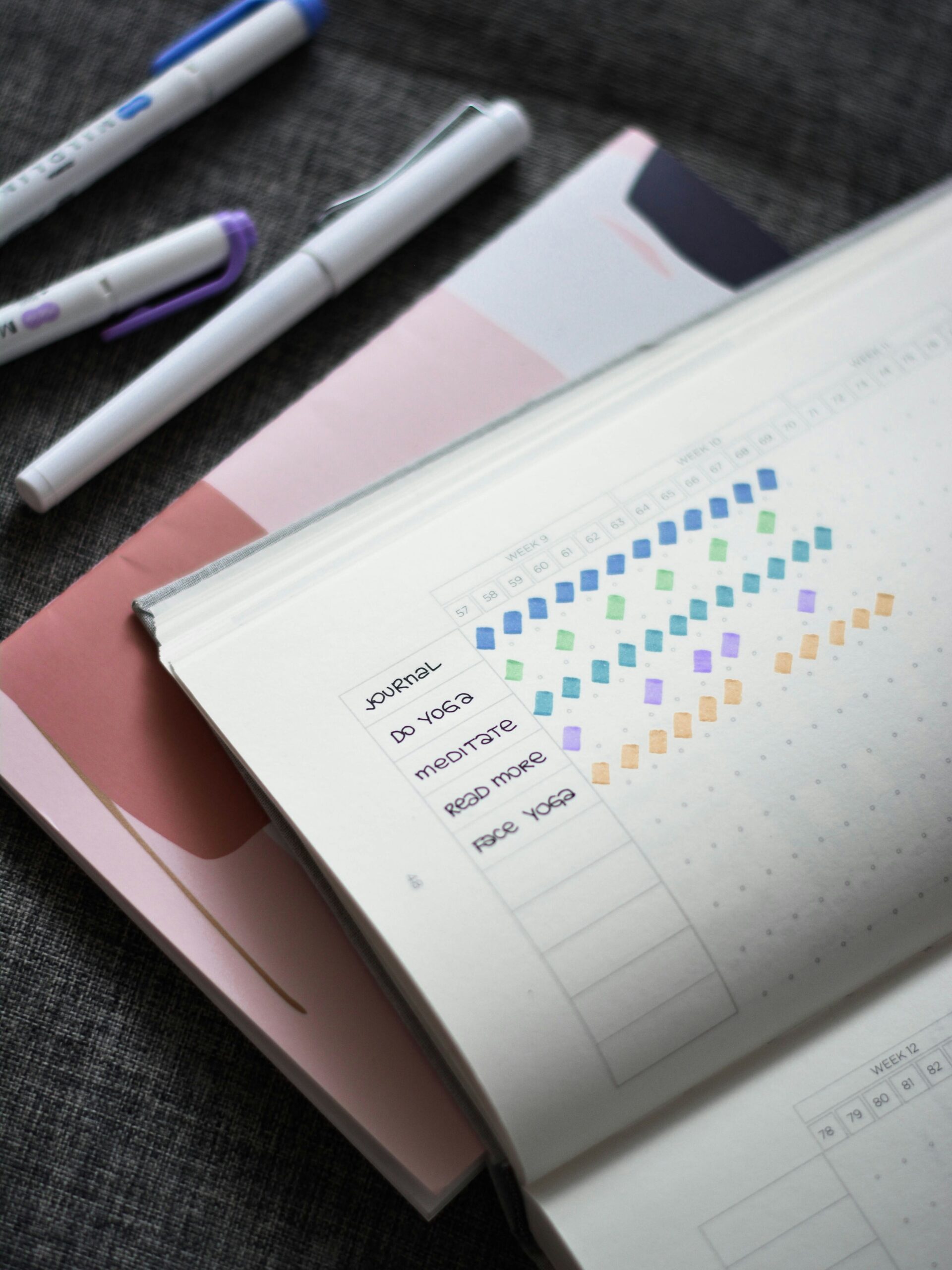
Developing a consistent songwriting routine is essential for any musician looking to refine their craft and produce quality music consistently. Whether you’re a seasoned songwriter or just starting, a well-structured routine can enhance creativity, increase productivity, and help you maintain artistic momentum. This guide will walk you through the steps to establish a songwriting routine that suits your style and goals.
Understand Your Creative Peaks
Before establishing an effective songwriting routine, it’s crucial to understand when you are most creative. Everyone has different times of the day when they feel most inspired and productive. Some may find their creative peak in the early morning, while others might find it late at night. Pay attention to when you feel most inclined to write music and try to schedule your songwriting sessions during these times. Keeping a journal of your daily activities and energy levels can help you identify your creative peaks.
Set Clear, Achievable Goals
Goal setting is a fundamental part of any routine. As a songwriter, your goals should be specific, measurable, achievable, relevant, and time-bound (SMART). Instead of vague objectives like “write a song,” set clear goals like “write a chorus for a new song by Thursday.” These specific goals will give you a clear direction and help keep you motivated. Additionally, setting deadlines can create a sense of urgency that may spur creativity.
Create a Dedicated Space
Your environment can significantly influence your creative output. Create a space that is solely dedicated to songwriting. This doesn’t necessarily mean you need a professional studio; a quiet corner in your home with a comfortable chair, your instrument, and some inspirational items could be all you need. Make sure your space is organized and free from distractions. A dedicated space triggers your brain to prepare for work and helps you transition into a creative mindset more quickly.
Build a Pre-writing Ritual
A pre-writing ritual can help signal your brain that it’s time to get creative. This ritual could be as simple as brewing tea, stretching, or playing music that inspires you. The key is consistency; doing the same ritual before each songwriting session can help ease you into the right state of mind to be productive and creative.
Use Prompts and Constraints
Sometimes, too much freedom can be paralyzing. Try using prompts or setting constraints if you struggle with writer’s block. Prompts can be thematic, lyrical, or musical. For example, you could challenge yourself to write a song about a specific emotion or from another person’s perspective. Constraints, such as limiting your song to only three chords or using a particular song structure, can stimulate creativity by forcing you to think within a box.
Regular Practice and Reflection
Consistency is key in any routine. Try to write every day, even if it’s just for a short time. This regular practice will improve your skills and keep your creative juices flowing. After each session, take a moment to reflect on what you wrote. Consider what worked, what didn’t, and why. This reflection will help you learn from each session and gradually improve your songwriting.
Collaborate and Seek Feedback
Collaboration can be a powerful tool for any creative process. Working with other musicians can introduce you to new ideas, techniques, and perspectives. Try collaborating regularly by co-writing songs, sharing your work with a mentor, or joining a songwriting group. Feedback is crucial as it provides insights into how others perceive your music and what areas you need to improve.
Stay Flexible and Adapt
While having a routine is beneficial, staying flexible is also important. If certain aspects of your routine aren’t working, don’t be afraid to adjust them. Your routine should evolve as you grow as a songwriter and your life circumstances change.
By following these steps, you can develop a songwriting routine that boosts your productivity and nurtures your creativity. Remember, the goal of a routine is not to constrain you but to provide a framework within which you can explore and express your musical ideas.